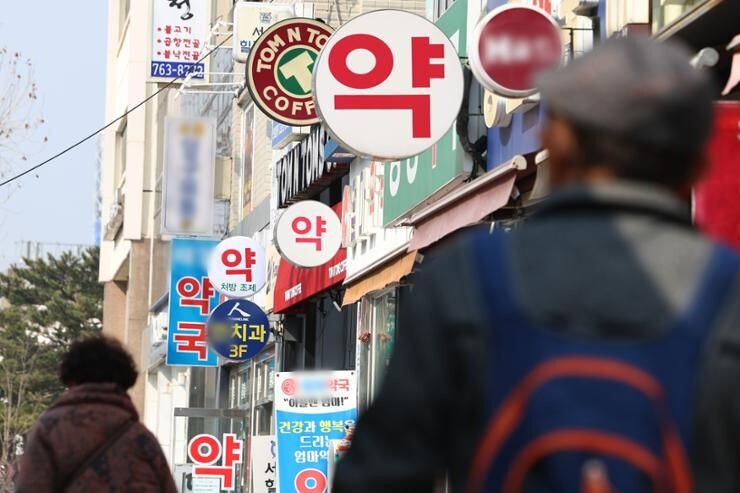
SEOUL – The Supreme Court of South Korea has issued a landmark ruling, granting existing pharmacists the legal standing to file a lawsuit to nullify the business registration of a new pharmacy opened nearby. This is the first time the court has explicitly recognized an existing pharmacist's legal standing as a "third-party plaintiff" in such a dispute.
The ruling came from a case filed by pharmacists in Seoul's Yeouido district. They challenged a local health center's decision to permit a new pharmacy to open in a room directly adjacent to a women's clinic within the same building. The plaintiffs argued that the permit violated the Pharmaceutical Affairs Act, which prohibits pharmacies from opening with a "certain locational relationship" to a medical institution to prevent potential collusion.
A lower court initially sided with the existing pharmacists, acknowledging their legal standing and ruling the health center's permit illegal. However, the appellate court dismissed the case, arguing that the two pharmacies were in separate buildings and the new establishment would not significantly impact the plaintiffs' revenue, thus negating their legal standing to sue.
The Supreme Court, however, overturned the appellate court's decision, stating it had misinterpreted the law. The court's First Division clarified that the purpose of the relevant article in the Pharmaceutical Affairs Act is to prevent potential collusion and ensure a "fair distribution of prescription opportunities." The court concluded that if an existing pharmacy stands to lose these opportunities due to a new rival, it constitutes an "infringement of a legally protected interest."
The court emphasized that the mere possibility of losing prescription opportunities is enough to grant a pharmacist legal standing. The ruling also stipulated that future cases must consider various factors, including the location, size, and operating methods of the pharmacies, as well as their proximity and accessibility to the medical institution.
This landmark ruling is expected to significantly influence future administrative procedures and legal precedents, requiring health authorities to consider the interests of existing pharmacists when granting new permits.
[Copyright (c) Global Economic Times. All Rights Reserved.]






























